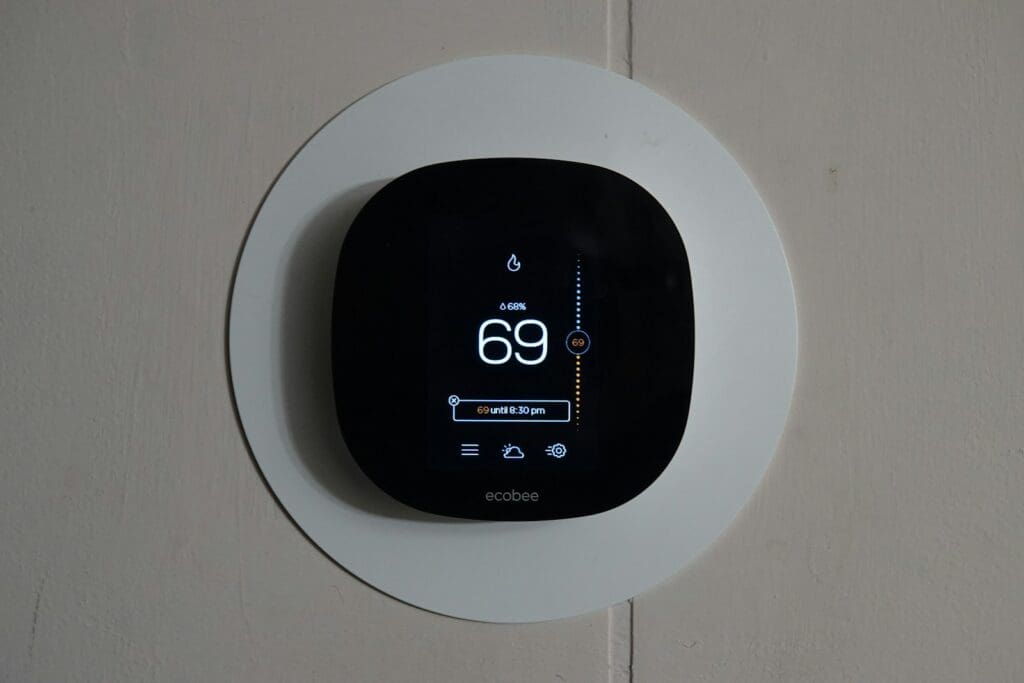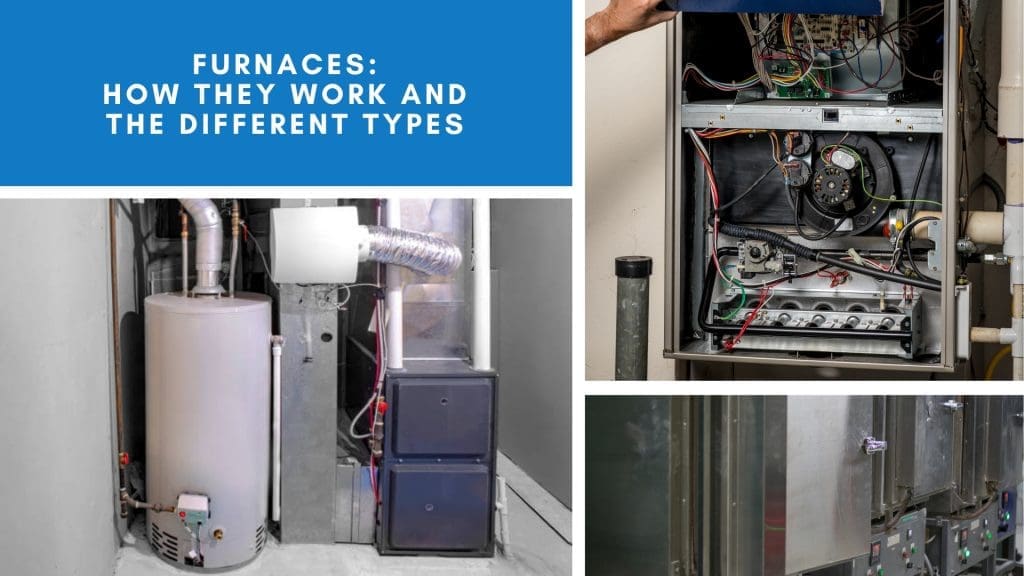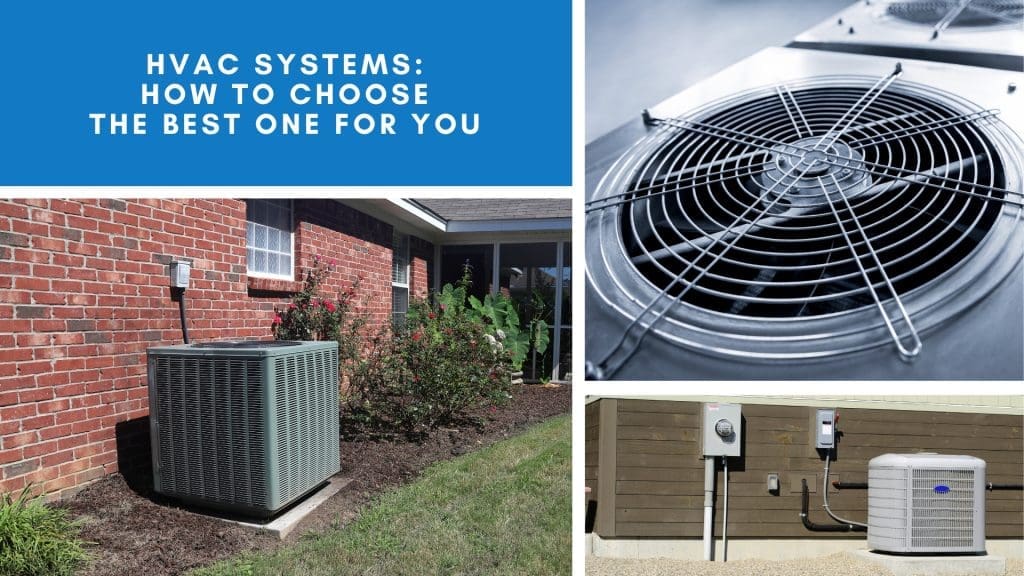In the world of HVAC (Heating, Ventilation, and Air Conditioning) systems, heating units like furnaces and heat pumps play a critical role. With an increasing demand for energy-efficient solutions, understanding how these components work, their types, common issues, and maintenance requirements becomes essential. This article delves into the intricacies of HVAC heating units, providing insights into furnaces and heat pumps, and guiding homeowners in selecting the right heating solution.
Introduction to HVAC Heating Units
HVAC systems are integral to creating comfortable indoor environments, especially during the colder months. At the heart of these systems are heating units, which are responsible for generating and distributing warmth throughout a building. The primary types of heating units in HVAC systems include furnaces and heat pumps, each with its unique mechanism and suitability for different climates.
Furnaces and heat pumps serve similar purposes but operate differently. Furnaces typically use natural gas, oil, or electricity to generate heat, which is then distributed via ducts. On the other hand, heat pumps transfer heat from outside to inside and vice versa, depending on the season, offering a versatile and energy-efficient solution.

Choosing between a furnace and a heat pump largely depends on the specific heating needs, climate, and energy considerations of a household or commercial space. Understanding these heating units’ functionality and their role in an HVAC system is crucial for making an informed decision.
How Do Heating Units in HVAC Systems Work?
Understanding how heating units work in an HVAC system starts with recognizing the fundamental differences between furnaces and heat pumps. Furnaces work by burning fuel or using electricity to create heat, which is then distributed through the building’s ductwork. This method provides consistent and robust heating, making it ideal for colder climates where temperatures drop significantly.
Heat pumps, in contrast, function by moving heat rather than generating it. During the winter, heat pumps extract warmth from the outside air or ground and transfer it indoors. This process is reversed in the summer to provide cooling. The ability of heat pumps to serve dual purposes makes them highly efficient, particularly in regions with milder winters.
Both systems have their advantages and limitations. Furnaces generally provide more powerful heating but can be less efficient and environmentally friendly compared to heat pumps. Heat pumps offer a greener solution with lower operating costs but may struggle to maintain efficiency in extremely cold settings.
Exploring Different Types of Furnaces
Furnaces come in various types, each suited to different needs and preferences. The most common types include gas, electric, oil, and modulating furnaces. Gas furnaces are popular due to their efficiency and cost-effectiveness; they rely on natural gas as a fuel source and are capable of rapidly heating a home.
Electric furnaces use electricity to warm the air, making them an ideal choice in areas where electricity is more affordable or where gas lines are unavailable. They are less efficient than gas furnaces in terms of energy consumption, but they offer a safer and cleaner operation with fewer emissions.
Oil furnaces, while less common today, provide an alternative for locations without access to natural gas. Modulating furnaces, on the other hand, represent the latest in furnace technology, adjusting their heat output to match the desired temperature precisely, ensuring optimal comfort and energy savings.
Common Problems with Furnaces in HVAC
Like any mechanical system, furnaces can encounter various problems. One of the most common issues is a malfunctioning thermostat, which can lead to incorrect temperature readings and an uncomfortable indoor climate. Regular thermostat calibration and replacement when necessary can alleviate this problem.
Another typical issue is inadequate maintenance, which can result in clogged filters, obstructed airflow, and inefficient operation. Regular cleaning and filter replacement are crucial in keeping a furnace in good working condition. Ignition problems, particularly in older gas furnaces, can also arise, causing delayed or no heating.
Finally, strange noises or odors emanating from the furnace could indicate mechanical issues or gas leaks, necessitating immediate inspection and repair by a professional. Addressing these common furnace problems promptly can extend the unit’s lifespan and enhance performance.
Essential Maintenance Tips for Furnaces
Proper maintenance is key to ensuring the longevity and efficiency of furnaces in HVAC systems. One of the essential maintenance steps is regularly replacing or cleaning filters to prevent dust and debris buildup, which can hinder airflow and reduce efficiency.
Annual inspections by a qualified HVAC technician are also recommended to identify and address any potential problems before they become significant. These inspections should include checking the combustion chamber, heat exchanger, and ventilation system for any signs of wear and tear or damage.
Additionally, keeping the area around the furnace clean and unobstructed helps ensure adequate airflow and prevents overheating. Regular maintenance not only improves the performance of the furnace but also ensures safety and reduces the likelihood of unexpected breakdowns.
An Overview of Heat Pump Installation
Installing a heat pump involves several critical steps to ensure optimal performance and efficiency. The process begins with selecting the right type and size of heat pump for the property, which depends on factors like climate, square footage, and existing HVAC infrastructure.
Once a suitable heat pump is chosen, the installation process typically involves setting up the outdoor unit, connecting it to the indoor air handler, and configuring the thermostat. Professional installation is crucial to ensure the system is correctly sized, positioned, and calibrated for optimal operation.
Proper installation includes sealing ductwork, ensuring adequate insulation, and verifying the refrigerant charge to prevent leaks and maximize efficiency. A well-installed heat pump can provide reliable heating and cooling while reducing energy costs and environmental impact.
Benefits of Using Heat Pumps in HVAC Systems
Heat pumps offer numerous advantages, making them an attractive option for modern HVAC systems. One of the primary benefits is their energy efficiency; by moving heat rather than generating it, heat pumps consume significantly less energy, leading to lower utility bills.
In addition to cost savings, heat pumps are environmentally friendly, producing fewer emissions compared to conventional heating systems. Their ability to provide both heating and cooling means homeowners can rely on a single system year-round, simplifying maintenance and reducing equipment costs.
Another benefit is the consistent and even temperature distribution that heat pumps offer, enhancing comfort levels within a home or building. Their quiet operation and modern features, such as programmable thermostats, further contribute to a pleasant indoor environment.
FAQs: Understanding Your HVAC Heating System
Q: How often should I have my furnace serviced?
Regular maintenance is vital for furnace efficiency and longevity. It’s generally recommended to have your furnace serviced at least once a year, ideally before the heating season begins.
Q: How can I tell if my furnace needs repairs?
Signs that your furnace may need repairs include unusual noises, increased energy bills, uneven heating, and frequent cycling on and off. If you notice any of these issues, contacting a professional HVAC technician is advisable.
Q: Are heat pumps suitable for all climates?
While heat pumps are highly efficient in milder climates, they may require supplemental heating in extremely cold regions. Modern heat pump models, however, have improved performance in colder temperatures, making them a viable option for a wider range of climates.
How LC HVAC in Hollywood Can Assist You
LC HVAC in Hollywood specializes in providing top-notch HVAC services, including the installation, repair, and maintenance of heating units like furnaces and heat pumps. With a team of experienced technicians, they offer personalized solutions tailored to meet the unique needs of each client.
Whether you’re considering upgrading your current heating system or require regular maintenance to keep your furnace running smoothly, LC HVAC can provide professional guidance and services. Their expertise ensures that your HVAC system operates efficiently and reliably, providing comfort and peace of mind.
LC HVAC in Hollywood is committed to customer satisfaction, delivering quality workmanship and prompt service. They are ready to assist you in understanding your HVAC options and choosing the best heating solution for your home or business.
Selecting the right heating solution for your HVAC system is crucial for ensuring comfort, efficiency, and cost-effectiveness. Whether you opt for a furnace or a heat pump, understanding how these units work, their benefits, and maintenance needs will help you make an informed decision. With professional support from experts like LC HVAC in Hollywood, you can enjoy a reliable and efficient heating system tailored to your specific requirements.


